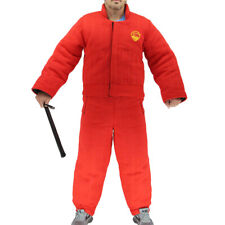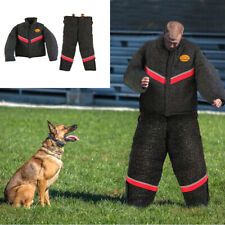Vaccinating for Leptospirosi

My vet recommends vaccinating for leptospirosis but I thought that vaccine was just for hunting dogs. Why is this vaccine important for my dachshund,- we live in the suburbs?

There have been increasing cases of leptospirosis in suburban and even urban areas in the US over the last few years. Peak numbers of cases in North America are seen between July and November, during wet, warm weather. In former times, hunting dogs and dogs living in rural areas were most likely to be in contact with the bacteria that causes leptospirosis. Now there is a push to vaccinate more dogs because ‘lepto’ is no longer just a ‘countryside disease’. Some speculate this is due to the fact that as cities expand, these suburbs go out into areas with infected wildlife. Wildlife such as deer and raccoons can carry leptospira bacteria. If an unvaccinated dog comes in contact with contaminated water, urine or soil, they can be at significant risk. Leptospirosis causes high fevers, severe lethargy, nosebleeds, neurologic signs, liver and kidney failure.
While vaccination can certainly help protect your pooch, vaccination is not for all dogs. The vaccines typically cover 3-5 types of leptospira bacteria. There are a few other types that are out there that aren’t covered. Vaccination for ‘lepto’ is done on a yearly basis, unlike the 3-year vaccines for viruses such as Canine Distemper. It may be a good idea to vaccinate your dog if he or she spends a lot of time outdoors, such as at the dog park or if you live in a particularly wet, moderate climate. It is best to discuss the pros and cons of vaccination with your local veterinarian.

Puppy Fleece Winter Clothes Dogs Hoodie Pet Warm Pullover Jackets Daisy Floral S
$16785.54
Rubies Pet Shop Boutique Dog Donut Costume Size S/M Halloween Parades Dress Up
$9090.00
Print letter Pet Dog Cat Vest Clothing Puppy Costume Summer T Shirt Costumes # —
$3811.14
Pet Dog Jacket With Harness Winter Warm Dog Clothes Waterproof Dog Coat for...
$2153.00
Funny Pet Cosplay Clothes Pirate Costume Dog Puppy Cat Suit w/ Hook Size- Large
$1448.00
Full Body Protection Bite Suit Dog Training Obedience Durable Jacket Clothes S L
$1211.99
Strong Dog Training Bite Suit Clothes Thickened Tear-Resistant Protective Jacket
$1199.00
Christmas Cat Dog Sweater Pullover Winter Dog Clothes for Small Dogs Chihuahua
$1193.95
GUCCI 695719 GG Supreme pet coat dog wear DOG Clothes
$772.08
burberry dog clothes TB dog wear S size super rare new unused
$754.00









